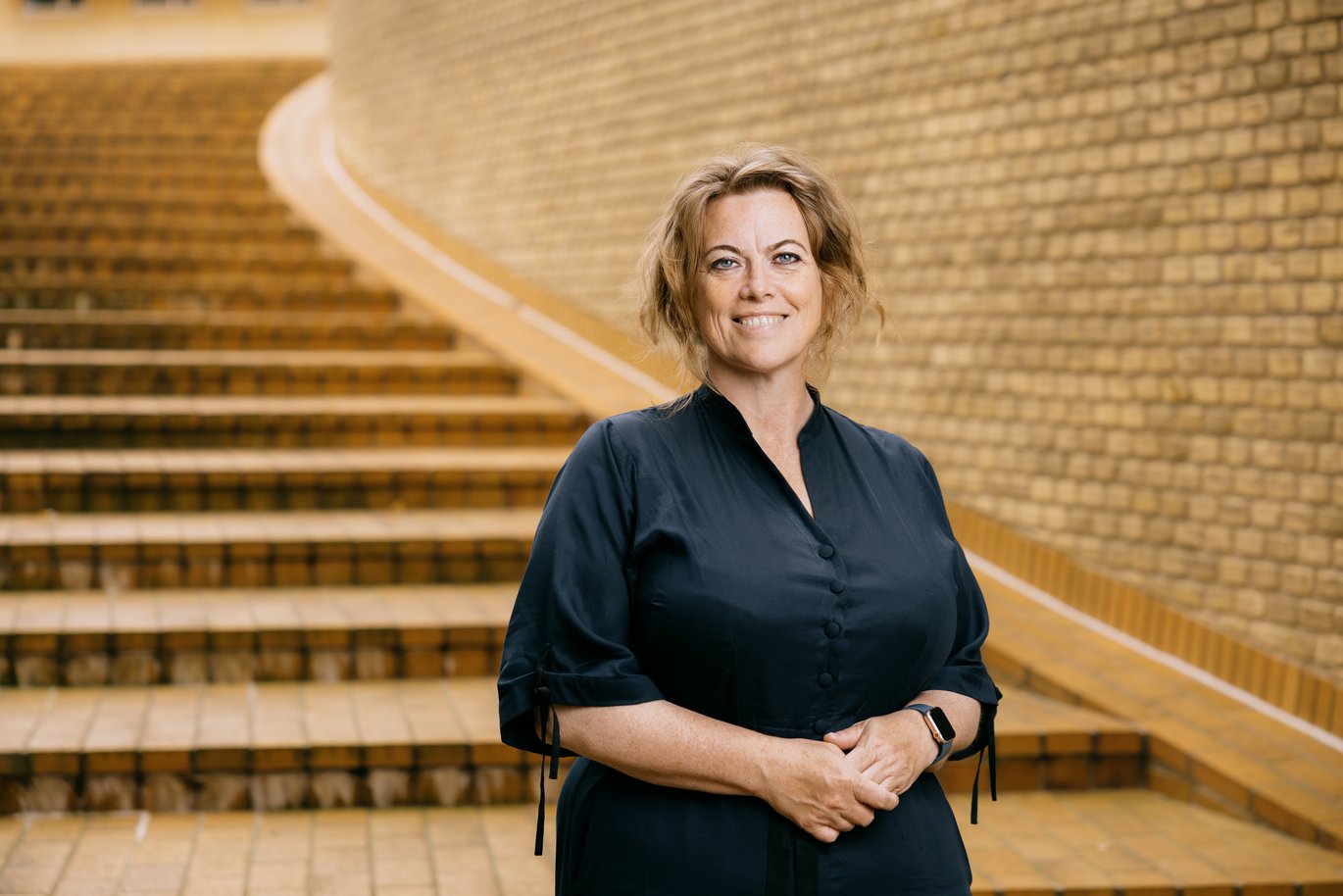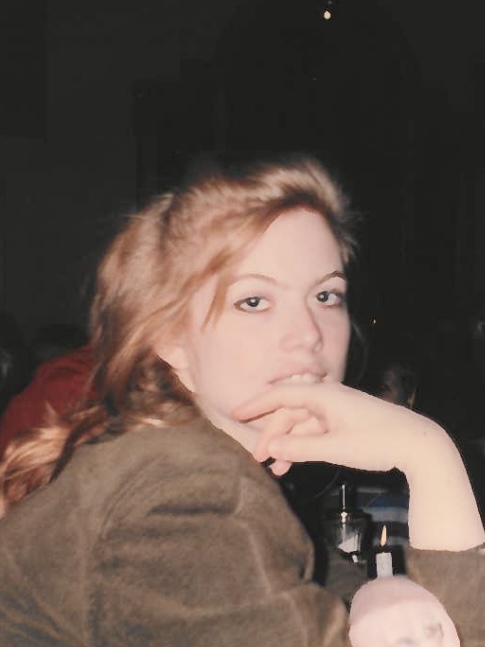COLUMN: The choice you’ve made deserves respect – even from yourself
Do you doubt whether you’ve chosen the right course of study – and whether it’s taking you in the right direction? Most people do. Dean of Arts Maja Horst also had doubts about her choice of study on several occasions. Her advice is: leave the idea of the degree programme of your dreams behind but give your choice of study the respect it deserves. And allow yourself the time to shape a meaningful education together with your fellow students and instructors.

THE SENIOR MANAGEMENT TEAM COLUMN IN OMNIBUS
The nine members of the senior management team take it in turns to write the senior management team’s Omnibus column. The columnist chooses the topic, and all the opinions expressed in the piece are the columnist’s own.
The senior management team contributes content on the same terms as all other Omnibus authors of columns, articles or opinion pieces.
The views expressed in this column are the author’s own.
Would you like to join the debate?
- Send your content to omnibus@au.dk
If you’ve just joined the university, you may be wondering if you’ve chosen correctly. Whether you have found the perfect programme. You may hear others asking: "What can you become?" Or: “What can you use it for?” And perhaps you respond with a mixture of hope, conviction and... uncertainty.
Here is my suggestion: Forget about the idea of the dream programme. It’s rarely true. And in the worst case, it can stand in the way of all that can actually happen when you fully commit to something you have yet to discover.
Because the truth is: There is no one right way. The vast majority find their direction while they are in the process – or afterwards. I certainly didn't do everything right the first time around. I started studying political science but dropped out after two years. After that, I studied communication and public administration at Roskilde University, but in the first couple of years, I wasn’t sure it was the right choice either. And I still had no idea what I could "use it for".
It was frustrating, especially when someone asked (in my case, often my father). Especially when I felt I should be able to answer right away. But gradually I managed to steer my studies towards something I was genuinely interested in. And that is ultimately the most important thing.
Choosing requires courage and confidence
Choosing a degree programme in an era of global crises and rapid change requires more than knowing your options and having good grades. It requires courage and confidence. The courage to make a choice – even without knowing the full path ahead. And confidence that it makes sense, professionally, personally and socially.

We know that many of you have questions. And perhaps a little unease as well. That's completely normal. Because it’s not easy to make decisions that everyone has an opinion about. But the choice you have made deserves respect. Even your own.
That’s why we at Aarhus University will do everything we can to ensure that your choice is the right one – not just on paper, but also in reality. Both academically and socially. And that rarely happens through the curriculum alone. It happens when you encounter an instructor who shifts your perspective on the world. In the committee you hadn't planned on joining. In conversations over the canteen table, at the dorm, or within a group that suddenly turns into your closest friends.
A good education is not something you get, but something you create. Together with others.
The myth of the straight path
Many people believe that the path from education to employment is straightforward. This is rarely the case. I don't know anyone who hasn't had doubts. Even those who look like they never wobble.
And even when you think you've found your way, it can take an unexpected turn. I've had jobs I never imagined I would have, and sometimes I've ended up in places because others thought I should apply. It was only later that I understood what I actually wanted to use the position for. The point is that you can shape your working life on an ongoing basis. And that it can take time to figure out what you want to use it for.
So follow what interests you. Listen to your curiosity. Follow your heart to feel if what you’re doing truly matters to you. And follow your brain to figure out how you can do more of it. And remember, it's okay to take your time. In my experience, some things you only understand once you have lived with them for a while.
Share some of the magic
If you are not a student yourself, but are reading this as a parent, friend or alumnus: Help those who are in progress. Hold off on asking: “What can you use it for?”
Instead, ask: “What are you most looking forward to?” Or: “What attracted you to this subject?” Perhaps you can share a memory yourself – about a teacher who said something you never forgot.
Many people say that their time at university was the best time of their lives. Help the newcomers feel it while they are doing it. It starts with allowing room for curiosity – and refraining from expecting ready-made answers.
All you need is the courage to begin
So no – you don't need to know if you've found the programme of your dreams. All you need is the courage to begin. Dare to let yourself be absorbed. Dare to discover something you didn't know.
You don't need to have all the answers right now. You just need to be ready to ask new questions.
Welcome – and good luck with your studies. We look forward to getting to know you.
This text is machine translated and post edited by Cecillia Jensen

